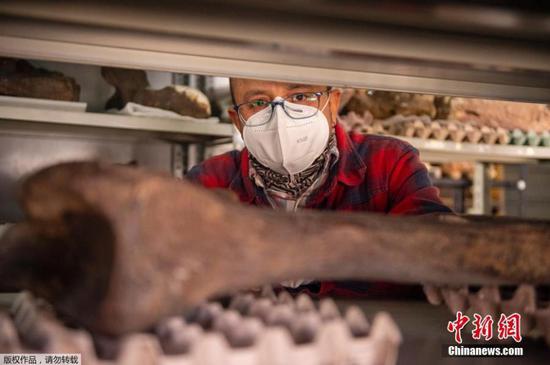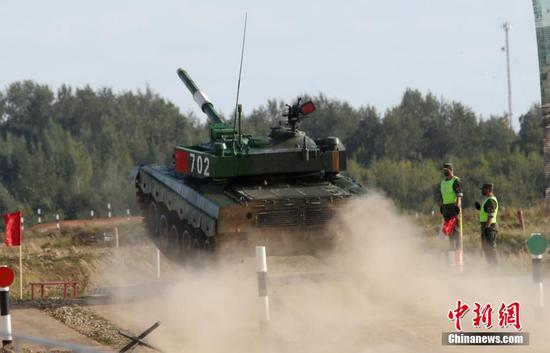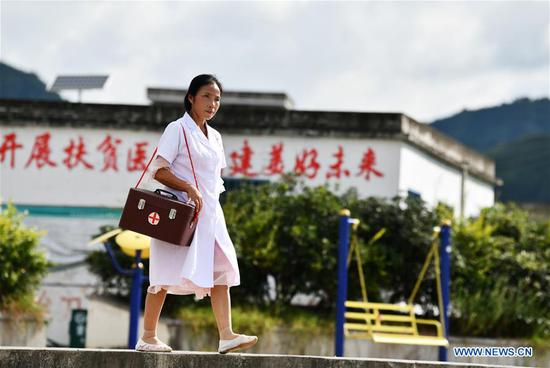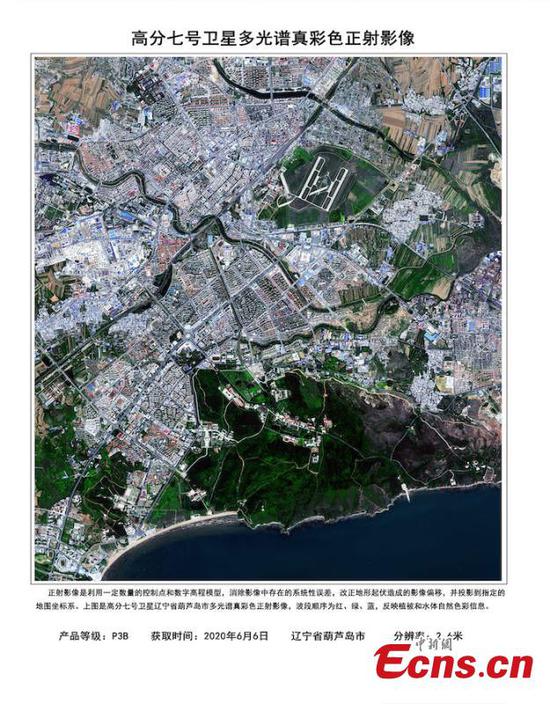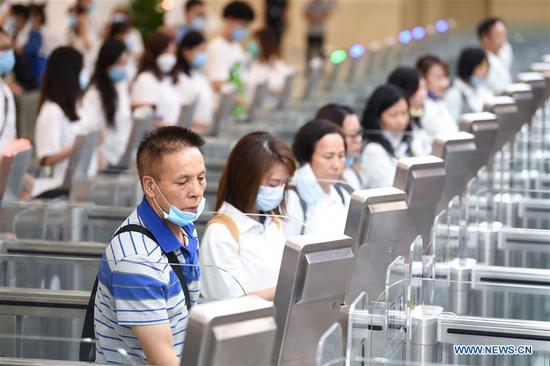Politicians, media and experts in Taiwan have reacted strongly against the Taiwan authority's decision to ease restrictions on pork and beef imports from the United States.
The opposition Kuomintang (KMT) said in a statement Sunday that the decision did not go through full debate and ignored the policy's challenges to farmers' interests and risks on food safety.
The Taiwan authority announced on Aug 28 that it will set standards for ractopamine residue in imported pork to allow imports of such meat and open its market to US beef for cattle aged over 30 months.
The use of ractopamine in pork has been banned in Taiwan in wake of the risks it may pose to human health while US beef for cattle aged over 30 months has been barred for fear of mad-cow disease.
Years ago many politicians of the Democratic Progressive Party (DPP), including the island's current leader Tsai Ing-wen, had openly and fiercely voiced against the imports of US pork containing ractopamine but now they abandoned their stance so easily in exchange of political interests, the KMT statement said.
The DPP's changing stance on imported meats is another example that it has tried to deceive Taiwan people on one hand and fawn on the United States on the other hand, said a statement from the office of Ma Ying-jeou, the island's former leader.
The move had gone fully against the DPP's previous stance on US imported meats and the only explanation of its motive seemed to be yielding to US pressure, said Prof. Lin Chu-chia, with the Department of Economics of Chengchi University, in an open letter.
"Those DPP politicians who once vowed to defend the interests of local pig farmers now are all silent," wrote the Taipei-based United Daily News in its editorial Sunday. "It proved that the new decision is nothing to do with scientific standards nor people's welfare but the DPP's interests."
The cities of Taipei and Taichung as well as Yunlin county announced that they will continue to ban the use of ractopamine in pork and forbid the sales of such meat despite the recent policy.










